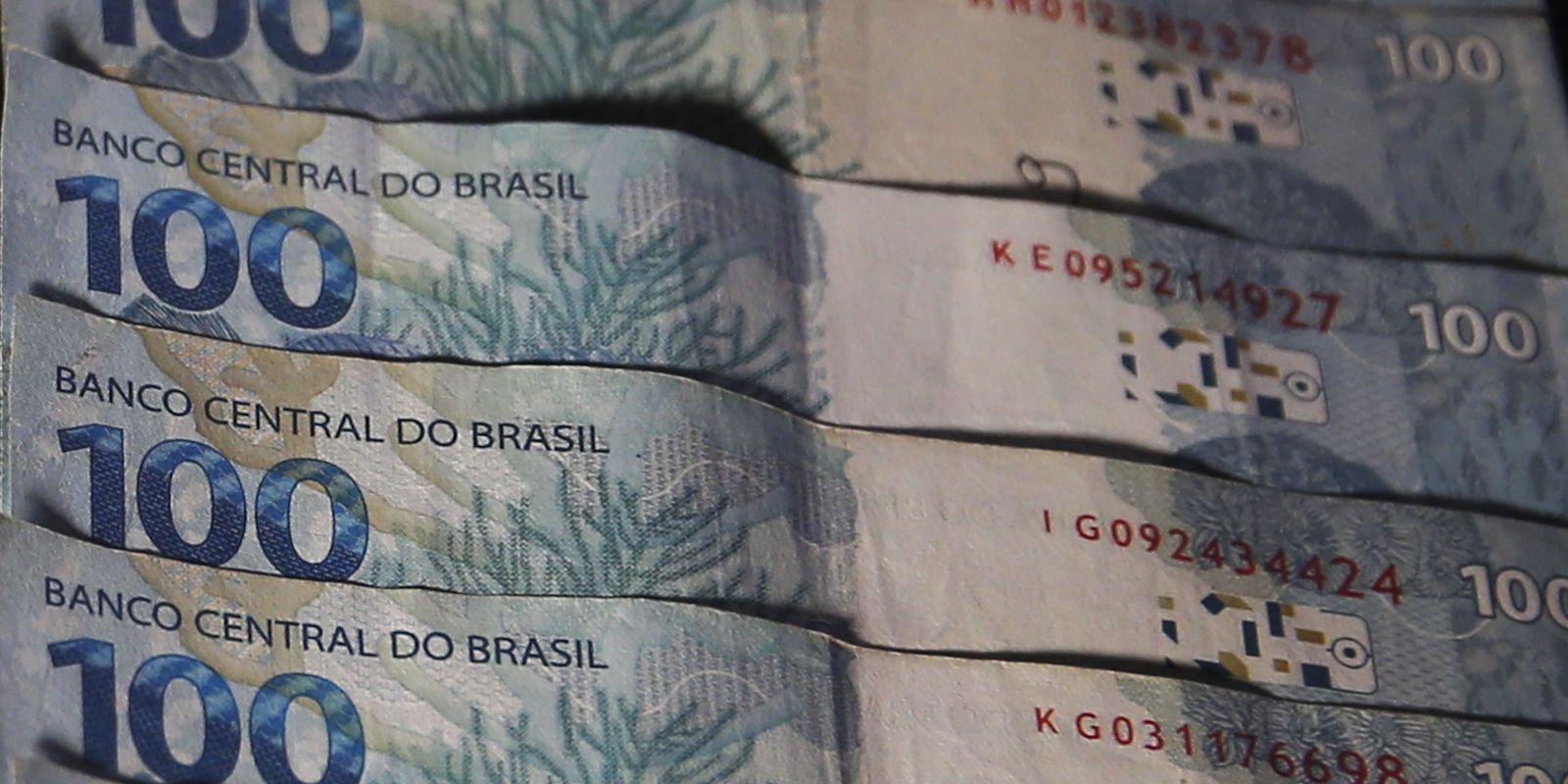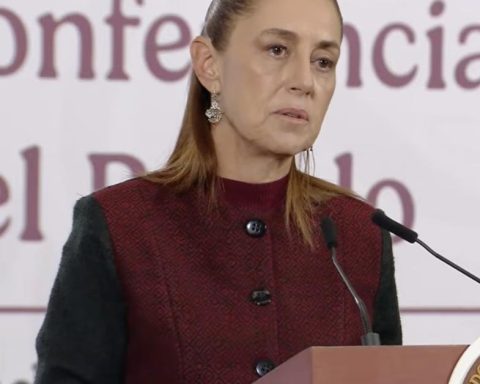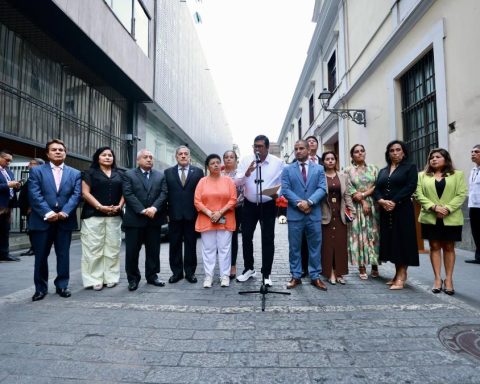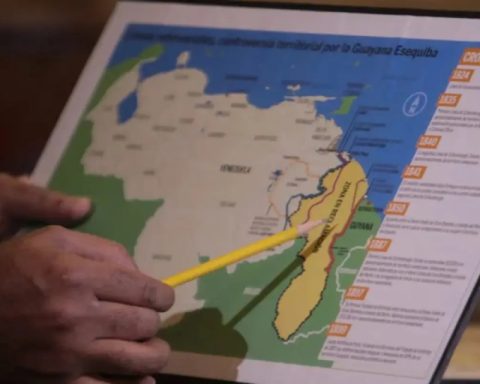Benefited by gradual re-taxation of payrollthe government has unfrozen R$1.7 billion from the 2024 budget, the Planning and Budget and Finance Ministries announced tonight. The volume of frozen resources fell from R$15 billion to R$13.3 billion.
The figures are included in the new edition of the Bimonthly Revenue and Expenditure Report, a document that guides the execution of the Budget sent this Friday (20) to the National Congress. According to the report, the volume of blocked expenses increased by R$2.1 billion, from R$11.2 billion to R$13.2 billion, but the contingency of R$3.8 billion announced in July was reversed, freeing up a total of R$1.7 billion in spending.
Both contingency and freeze represent temporary spending cuts. The new fiscal framework, however, has established different motivations. A freeze occurs when government spending grows more than the limit of 70% of revenue growth above inflation. A contingency occurs when there is a lack of revenue that compromises compliance with the primary result target (result of government accounts without interest on public debt).
Regarding the blockage, the main increases in expenses that justified the increase of R$2.1 billion were the increases of R$5.3 billion in the estimated expenditures on Social Security and R$300 million in expenditures on the Continuous Benefit Payment (BPC). These increases were partially offset by the expected decrease of R$1.9 billion in the Aldir Blanc Law to promote culture, R$1 billion in the estimated expenditures on personnel and R$900 million in court orders for costs and investments.
Primary deficit
The reversal of the contingency, according to the Planning and Finance departments, is due to the R$4.4 billion increase in net revenue (revenue left over for the federal government after transfers to local governments). This increase is explained by the R$2 billion increase in gross revenue and the R$2.4 billion drop in transfers to states and municipalities.
The increase in the revenue estimate led the government to reduce the primary deficit estimate for 2024 to R$28.3 billion. The amount is R$400 million lower than the minimum limit of the tolerance margin for meeting the target.
For 2024, the new fiscal framework sets a zero deficit target, with a tolerance margin of R$28.75 billion either way. The primary deficit is the negative result of the government’s accounts without interest on the public debt. The current fiscal framework excludes from the target the R$29 billion in extraordinary credits to rebuild Rio Grande do Sul nor the R$514 million to combat forest fires announced this week.
Gradual payroll tax reduction
When breaking down revenues according to source, the main factor behind the increase was the incorporation into the estimates of compensation measures for the payroll tax relief, approved by Congress last week and sanctioned last Monday (16). This law will reinforce federal coffers by R$18.3 billion by the end of the year.
To fund the gradual re-taxation of payroll taxes for 17 sectors of the economy and small municipalities until 2027, instead of re-taxing everything at once, the law provides for measures to collect revenue from other sources. Of the R$18.3 billion, the largest part, R$8 billion, will come from the transfer to the National Treasury of judicial deposits in closed cases. Another R$6.3 billion will come from judicial and extrajudicial deposits held at Caixa Econômica Federal; and R$4 billion from the version of Desenrola for regulatory agencies.
Unmanaged prescriptions
There are other resources not managed by the Federal Revenue Service that will help to reinforce the government’s cash flow. There are additional R$10.1 billion in dividends from state-owned companies that paid the National Treasury more than initially projected and R$4.9 billion in royalties of oil, which came from the increase in the dollar and the revision of the estimates for the price of a barrel. On the other hand, the report reduced the projection of revenues from the concession of railways by R$3.5 billion.
When adding the R$18.3 billion from the gradual payroll tax increase and these revenues, the total revenues not managed by the Federal Revenue Service were revised upwards by R$30.1 billion.
Carf
This amount helped to offset the R$25.8 billion drop in resources managed directly by the Tax Authorities due to delays in the publication of agreements at the Administrative Council for Tax Appeals (Carf), the administrative body of the Federal Revenue Service that judges debts of large taxpayers.
Originally, the economic team expected to raise R$55.6 billion in 2024 with the reintroduction of the government’s tie-breaking vote in the Carf. However, the delay in publishing the sentences and agreements, due to embargoes of declarations, in which the parties ask for doubts to be clarified, postponed the inflow of money. Now, the government expects only R$847 million from September to December.
The report also reduced net revenue for Social Security by R$2.3 billion.


















